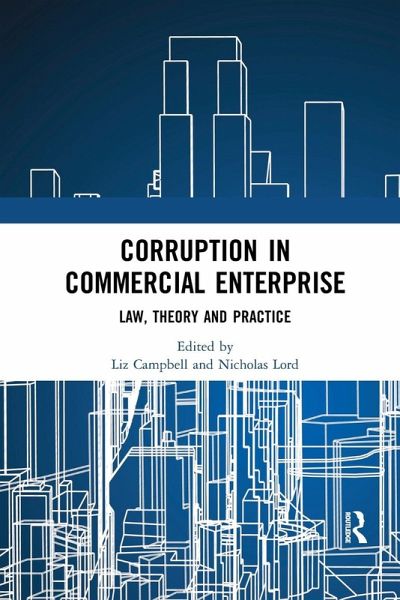
Corruption in Commercial Enterprise
Law, Theory and Practice
Herausgeber: Campbell, Liz; Lord, Nicholas
Versandkostenfrei!
Versandfertig in 1-2 Wochen
57,99 €
inkl. MwSt.
Weitere Ausgaben:

PAYBACK Punkte
29 °P sammeln!
This collection focuses on the phenomenon of corruption in (non-)criminal commercial enterprise. It examines the interdependencies between organised crime and corruption in the context of criminal and non-criminal enterprise in domestic and international commerce in a range of OECD countries.




